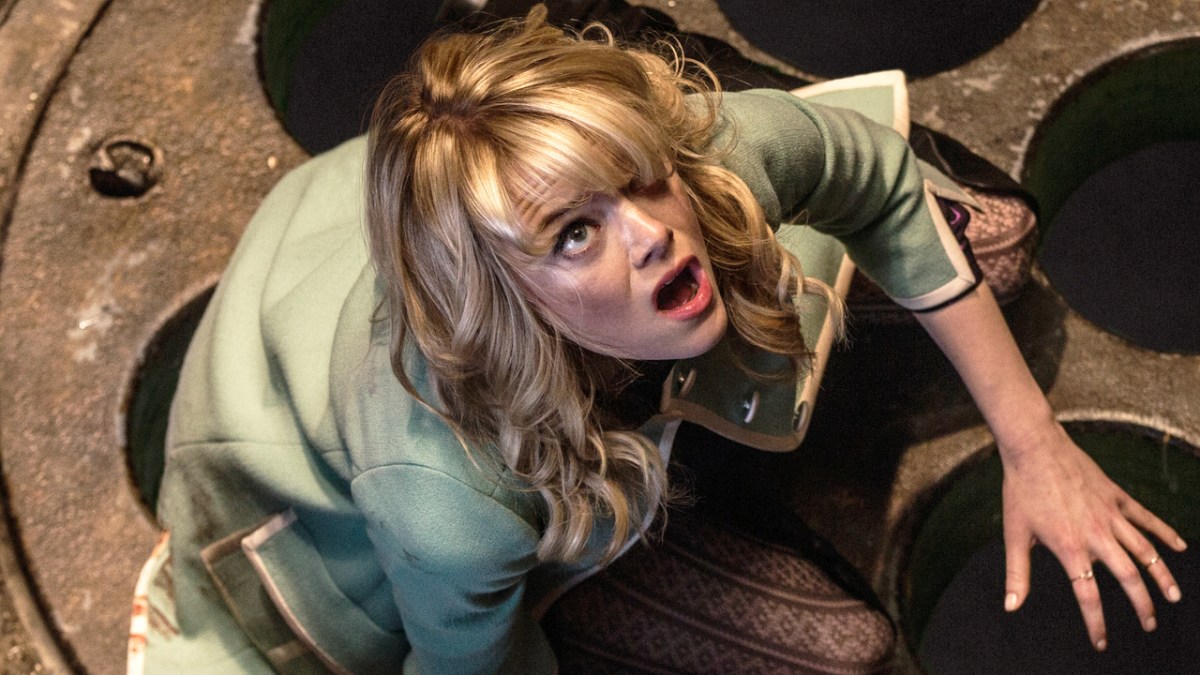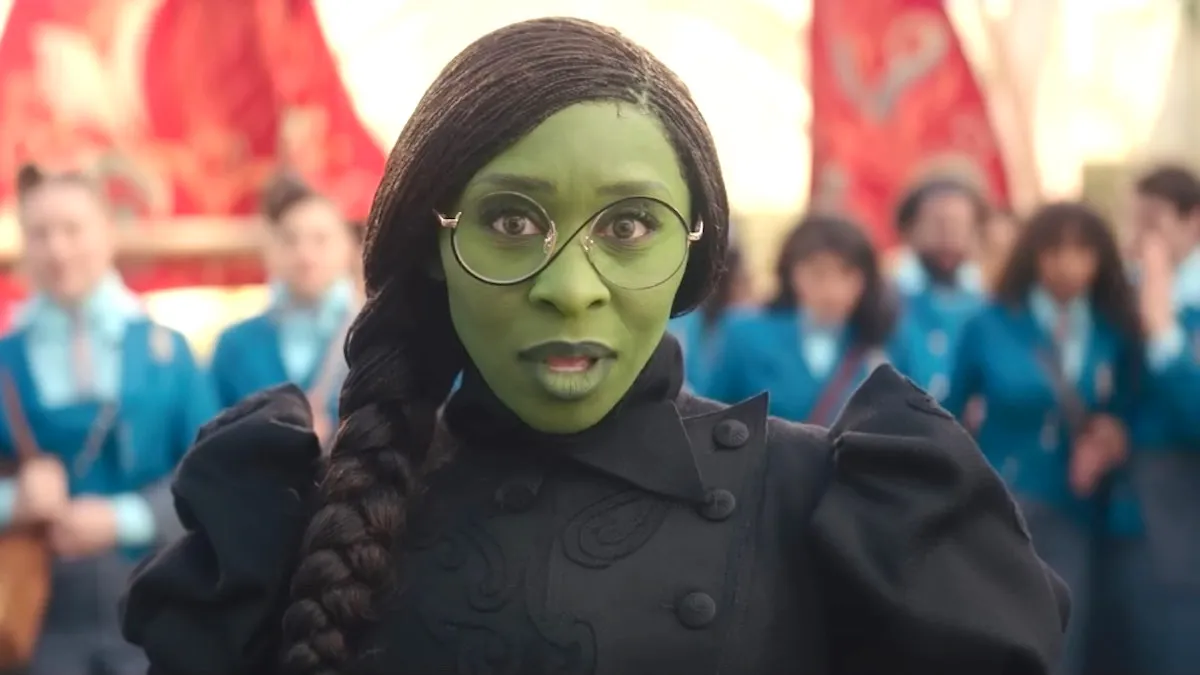Scientific American shared the details of a recent study that hoped to find out what the impact of this wave of current female superheroes had on people’s views of gender equality. While it is true that yes, we’re slowly getting more strong, capable female superheroes to counterbalance the oh-so-traditionally male superhero, it was interesting (although probably not shocking) to see that there were still negative views attached to people’s views in general.
Here’s how the study broke down: like any experiment, there was the control group and the test group. Both were made up of female college students. The test group was shown a 13 minute reel “that either featured female victims from the Spider-Man series or female heroines from the X-Men series.” After, they were polled on things ranging from their self-esteem body image, and gender role beliefs. The control group was just polled without watching the reel.
The results of watching female victims isn’t surprising at all: the group tended to not agree with statements like, “Men and women should share housework equally.” Interestingly enough, this reel didn’t negatively impact the group’s views on their own self-esteem.
But the rub lies in the results of watching the female heroine reel. While yes, it didn’t lower views on gender egalitarianism, it didn’t exactly do much to inspire or empower the viewers either. Moreover, after watching the heroine reel, many women reported lower body esteem. Cindi May, author of the Scientific American article explains:
[Hillary] Pennell and [Elizabeth] Behm-Morawitz suggest that women may admire the power and status of superheroines and consequently desire to emulate them. Because these sexualized superheroines have unattainable body dimensions and engage in unrealistic physical feats (e.g., saving the world in spiked heels), it’s not surprising that female viewers are left feeling dissatisfied with their own physical appearance and prowess.
It seems that although yes, representation and gender diversity is ever so slowly getting better, we have to be careful about those we hold up as good examples of representation. This isn’t exactly a statement that the industry is doing something wrong by adding these women to the superhero pantheon. What it is, however, is a statement that we can still do so much better.
Now’s not the time to rest on our laurels, folks. There are some very real ill effects that are propagating in the minds and hearts of everyone around us. One of the strongest vectors of those ill effects is the media that we consume. So let’s make sure it’s as healthy as it can be, okay?
—Please make note of The Mary Sue’s general comment policy.—
Do you follow The Mary Sue on Twitter, Facebook, Tumblr, Pinterest, & Google +?









Published: Jun 27, 2015 04:58 pm